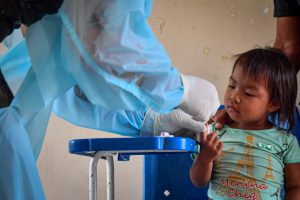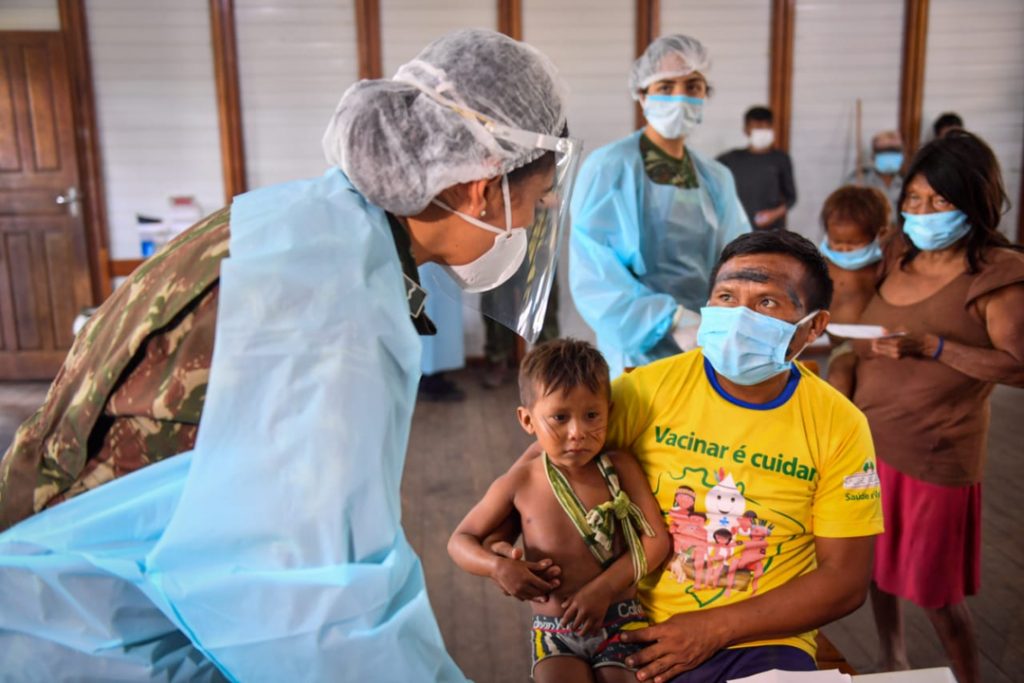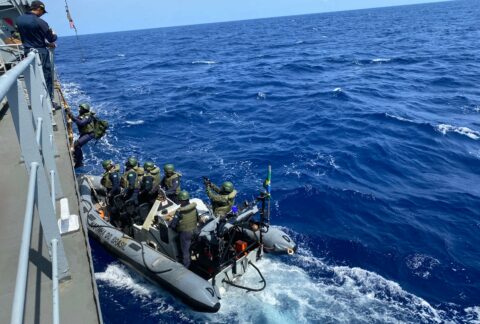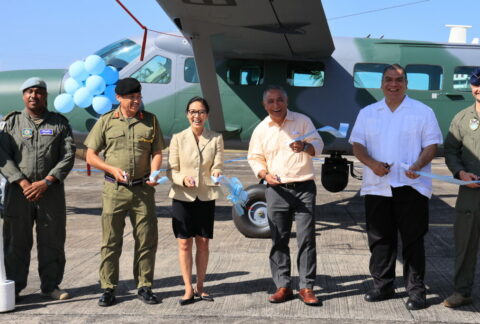In Brazil, indigenous peoples are among the populations with the highest coronavirus mortality rate, which is 150 percent higher than the country’s average. The infection rate of the disease is also 84 percent higher among these communities, affecting 759 indigenous people per 100,000 inhabitants, while the average in Brazil is 413.
Since May, the Ministry of Defense, in conjunction with the Ministry of Health, the Armed Forces, and health professionals, has been providing medical services and basic supplies, including personal protective equipment and food, to indigenous populations across Brazil.

The most recent operation was the interministerial mission for the indigenous people of Roraima, in the northern part of the country. This mission is part of the COVID-19 operation, which includes various activities from the federal government to combat the coronavirus. Between June 30 and July 4, Yanomami villages and Raposa Serra do Sol territories, which are among the largest indigenous territories in Brazil, and home to isolated indigenous communities, received 3,858 medical and nursing services.
Locals were able to receive pediatric, gynecological, general, and infectious disease care. In total, 21 health care professionals from the Armed Forces contributed to the medical care for indigenous people, working in partnership with the health teams on site.
Two hundred and nine people suspected of having COVID-19 were also tested. “Nobody was infected in the region. This is a good sign,” said Robson Santos da Silva, special secretary of Indigenous Health, speaking about the tests conducted in indigenous territories.
Logistics effort
A total of 4 tons of supplies were distributed to the Yanomami and Raposa Serra do Sol indigenous tribes, which included surgical masks, hand sanitizer, gloves, caps, hospital gowns, medications, and basic food baskets. The Brazilian Air Force (FAB, in Portuguese) helped the interministerial mission with its aircraft and service members to carry and distribute the supplies.
FAB is also responsible for transporting the professional teams, which this time traveled onboard the KC-390, the largest military freighter in Latin America.
Crisis cabinet
The Security Cabinet of the Office of the President, with the participation of civil and judicial institutions, coordinates the effort to prevent the spread of COVID-19 among the indigenous people, through a newly created crisis cabinet.
On July 17, the team had their first meeting to develop strategies and create sanitation barriers in 31 territories with the presence of isolated indigenous populations.









